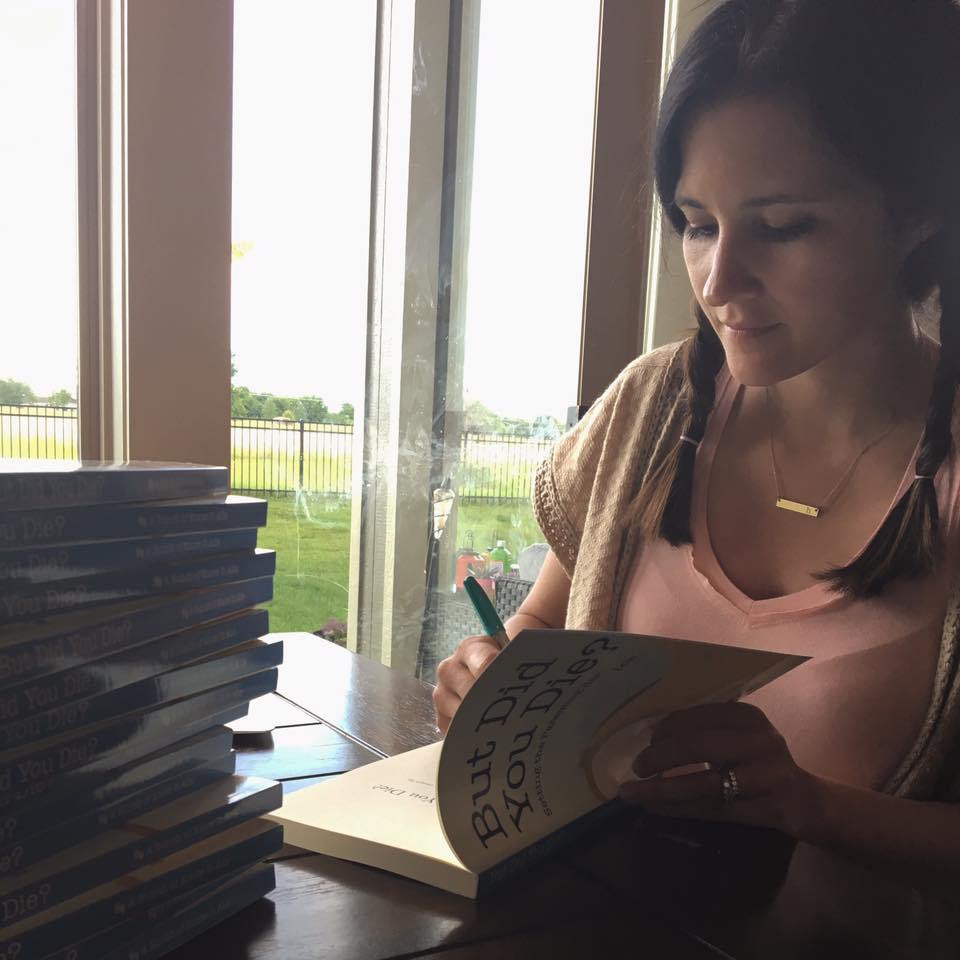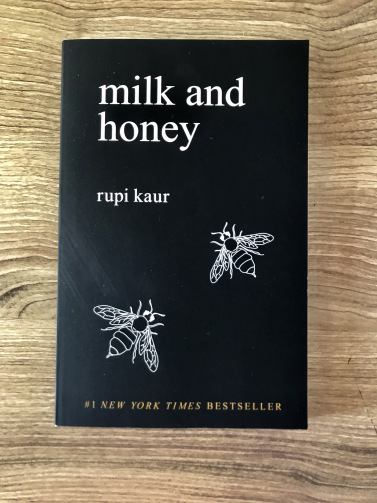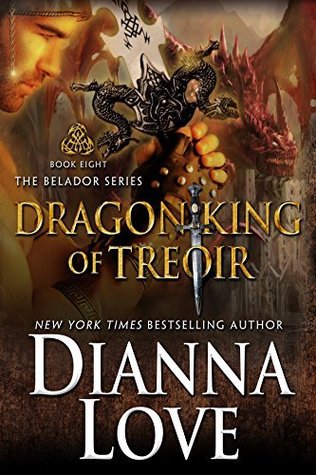‘Dr. Christophe smiles. “It seems quiet to us, but it’s noisier for the foetuses. We record the mothers’ and fathers’ voices and feed the sound into the foetus flasks during gestation. We follow a natural daily rhythm—no voices during the night, just the sound of a parental heartbeat.”’ (Loc. 1110)
Anne Charnock’s latest novel, Dreams Before the Start of Time, begins in London in 2034. Two friends discover they are pregnant, one by choice, one by accident. The narrative follows the lives of these women and their offspring through successive generations. As the characters age, developments in technology allow for new ways of conceiving, carrying, and giving birth to babies. This includes such procedures as remote gestation in an artificial womb, natural gestation from carefully selected donor sperm, and genetic engineering as a way of preventing birth defects.
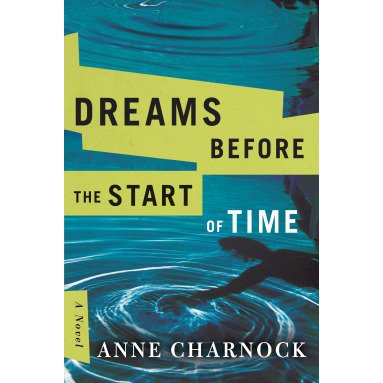
Charnock asks questions about what such advanced and varied fertility techniques could mean to our conceptions of child-rearing, family, and identity. She focuses on the families rather than the technology, making this a character-driven, human story. The sci-fi is kept in the background; Charnock using it as a springboard to explore the effects such technology might have on people and society.
‘“The foetus you’re looking at today is in the third-trimester ward.”
Rudy cringes. He loathes the word foetus—the cold heartlessness of the word—with its intimation that an ungendered it hasn’t as yet earned its passage.’
(Loc. 1086)
Charnock gives us brief glimpses into each character’s life in the three different timeframes: 2034, 2084, and 2120. It is notable how Charnock remains neutral about the characters’ different choices. She allows them to voice their own opinions on their choices without appearing to favor one over another. This lack of authorial obtrusiveness is refreshing as there are enough books out there with authors pushing their opinions on readers.
‘“We didn’t have a full-blown argument. We weren’t shouting. I told him I knew enough about the donor to put my own mind at rest. The donors were all medical-checked and police-checked by the donor service that supplied the clinic.”’
(Loc. 1572)
There are some fascinating ideas in this book, and the way Charnock uses each generation to explore and develop these ideas is to be admired. Unfortunately, for such a character-driven narrative, I found it difficult to connect with any of the characters. They are well-written and well-conceived (excuse the unintended pun), but I didn’t feel an emotional connection with them. In a story that one would expect to be bursting with different emotions, it felt a little bit flat at times. This could be a deliberate ploy of the author’s, a way of leaving it up to the reader to inject their own emotions into the story. But I was looking for a character that I could really root for, really care what happened to, and was left wanting.
After reading fellow blogger Megan AM’s glowing review on her website, I’m left feeling that I missed something. Time permitting; I want to give this book a second read. What I will say about Dreams Before the Start of Time is that it’s science fiction with a different flavor; a calm, quiet book, which uses people to explore its ideas. These ideas feel like not-so-far-into-the-future science-fact, as the future of human reproduction appears to be heading in this direction.
As a final point, the cool, detached atmosphere of the book, as well as some of its ideas, reminded me of the movie Gattaca (1997). (Worth a look if you haven’t seen it.) Despite this story not really grabbing hold of me, I am still keen to read Anne Charnock’s earlier novels: A Calculated Life and Sleeping Embers of an Ordinary Mind; both of which I’ve heard very good things about.

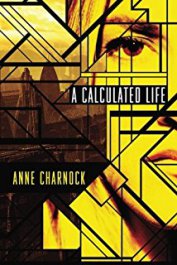
[Many thanks to 47 North and NetGalley for providing an e-ARC in exchange for an honest review. All opinions are my own.]
Advertisements Share this:
